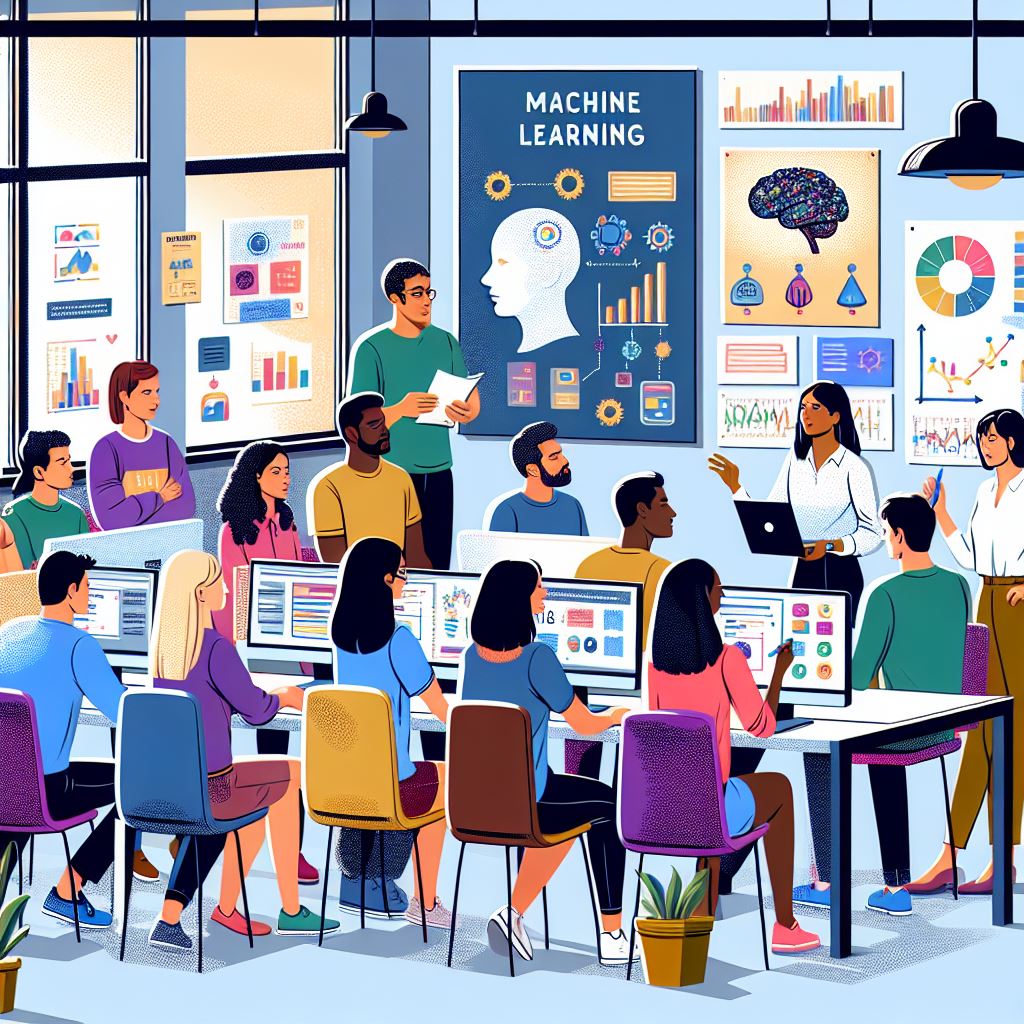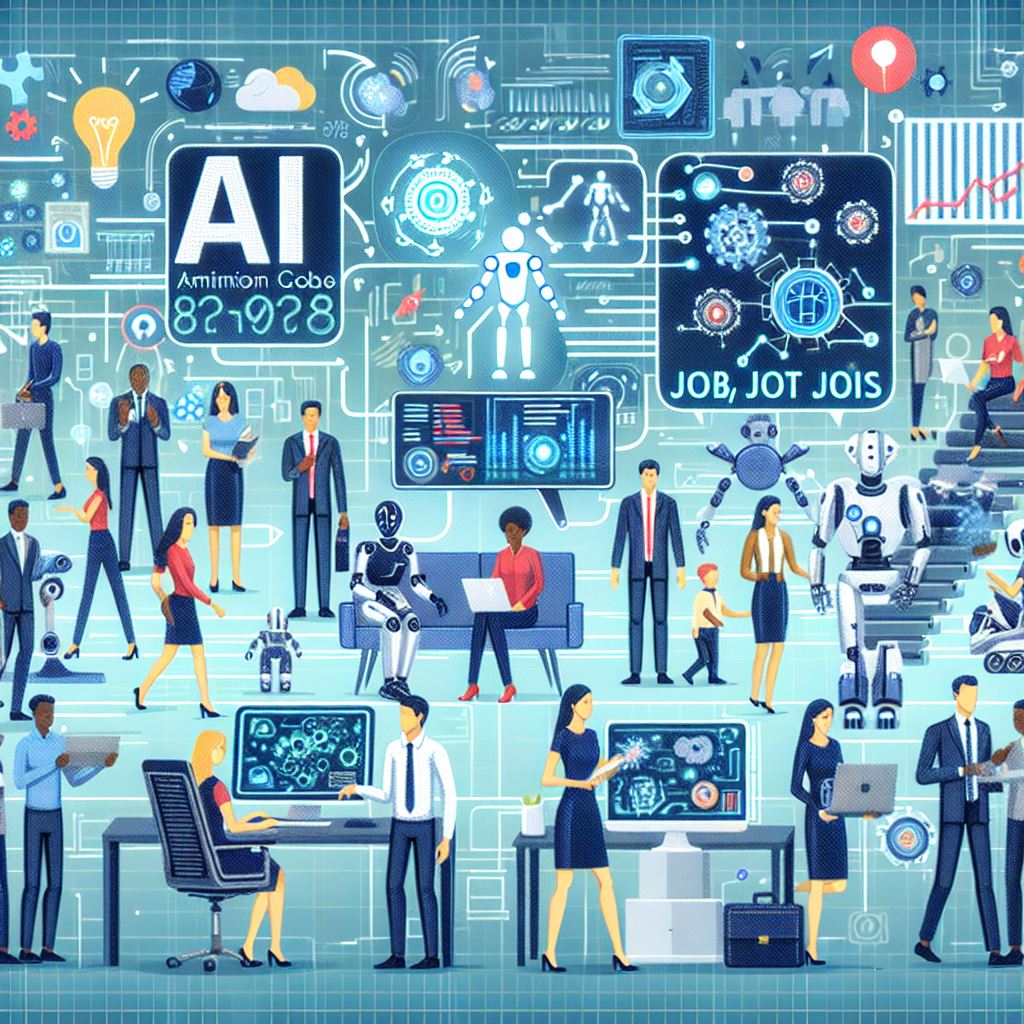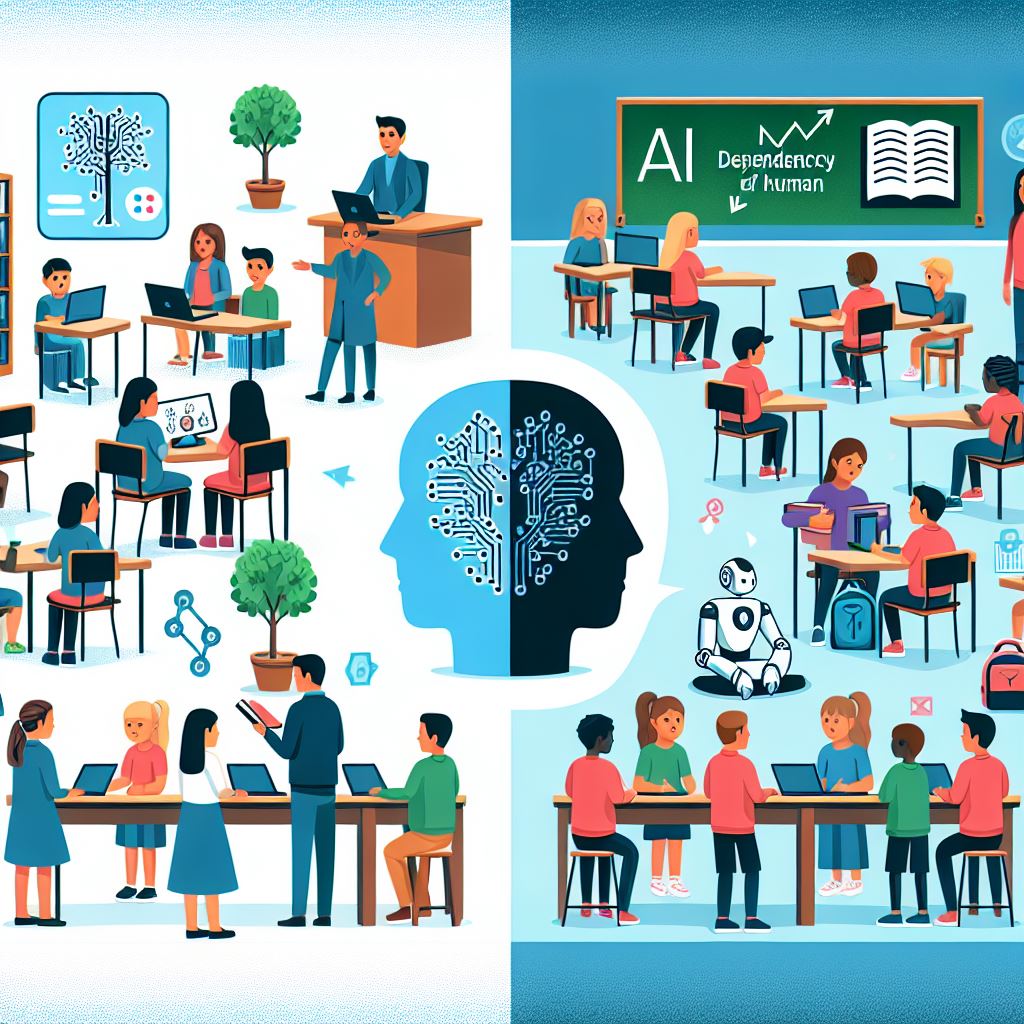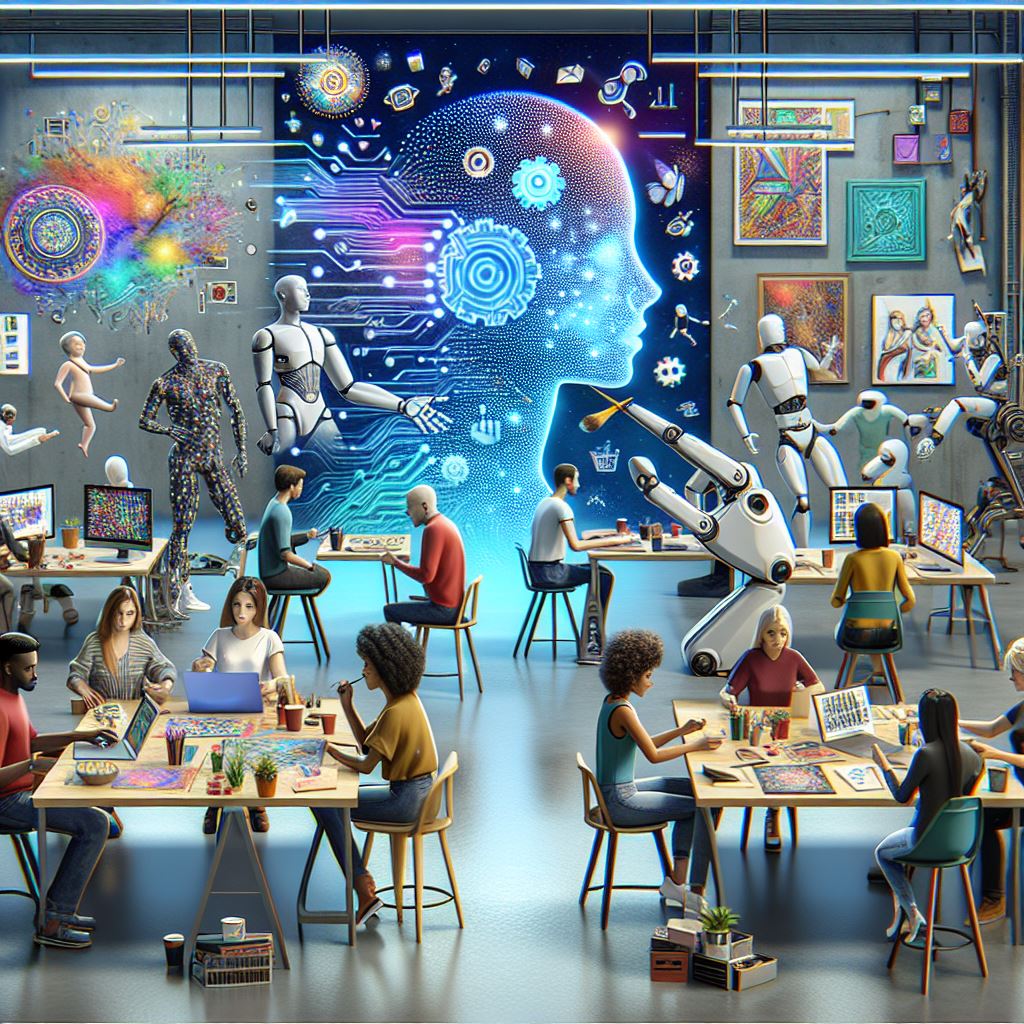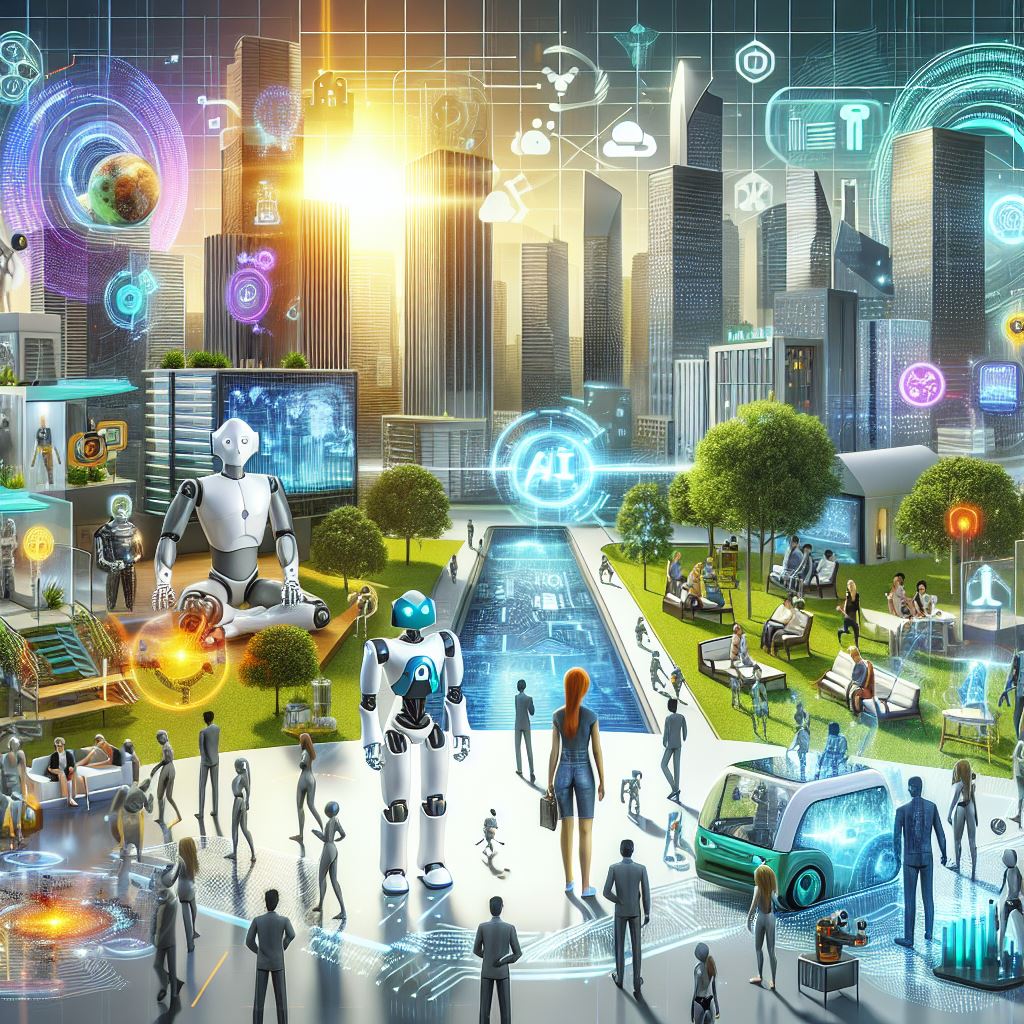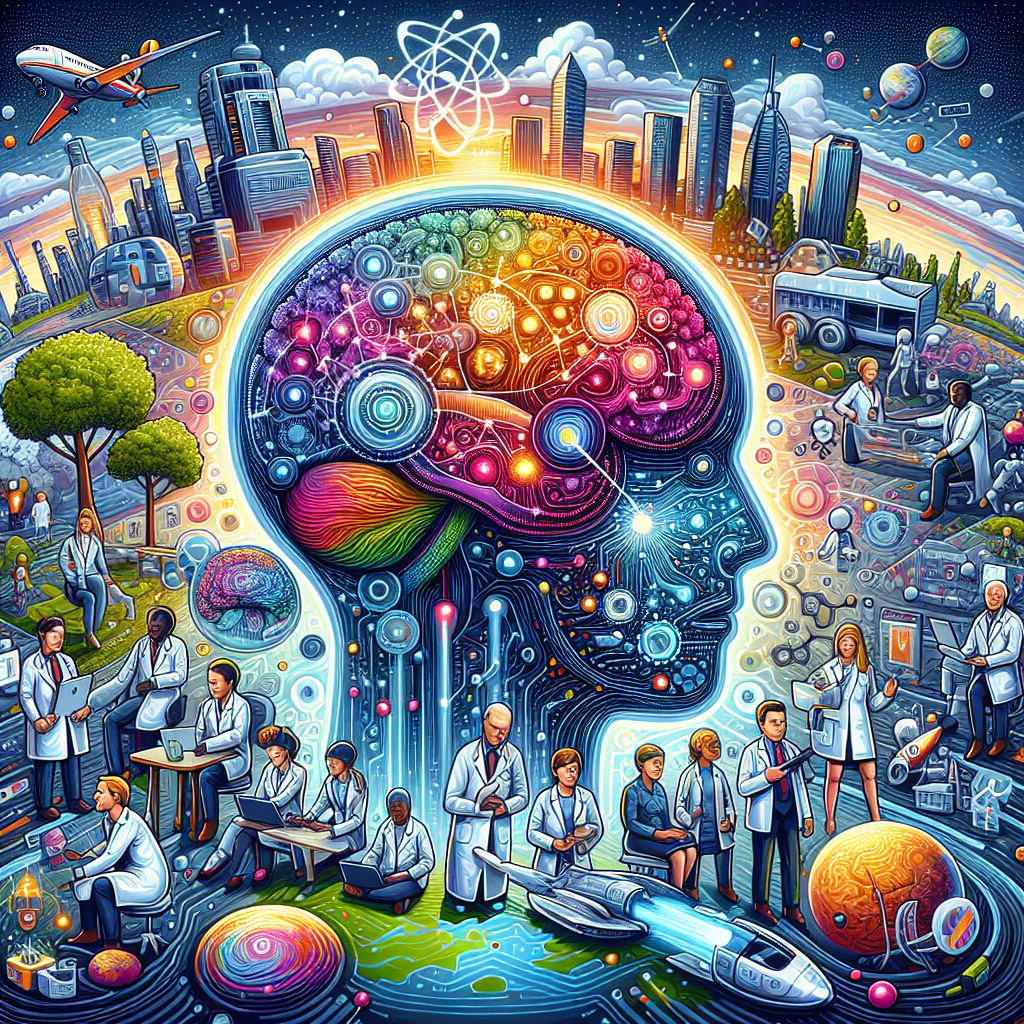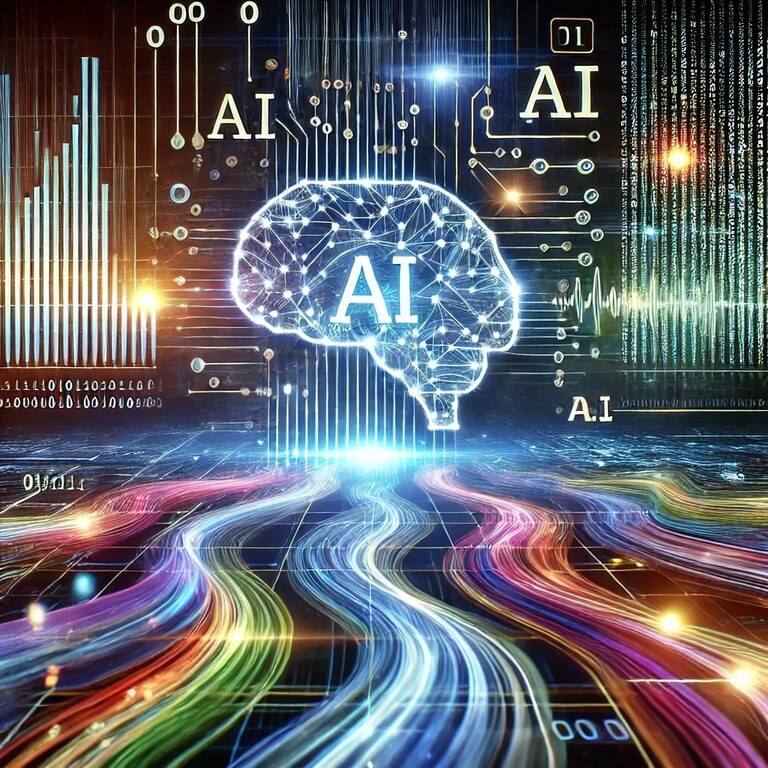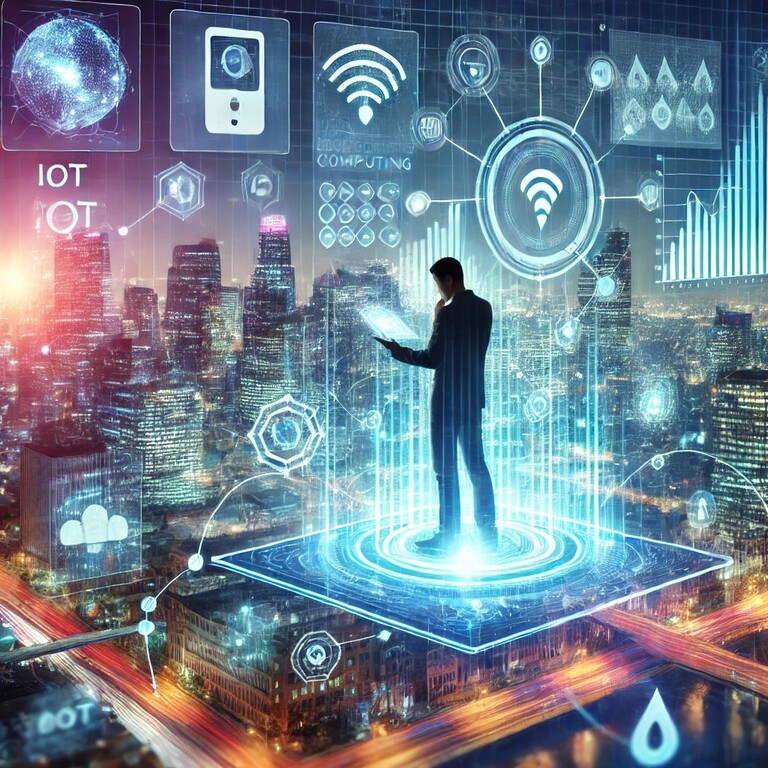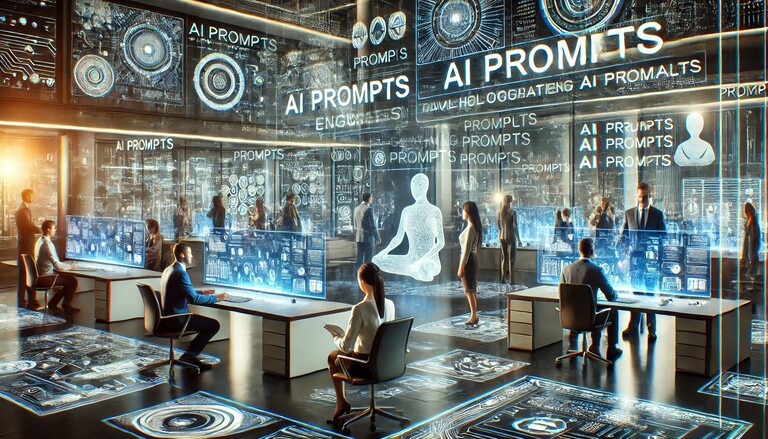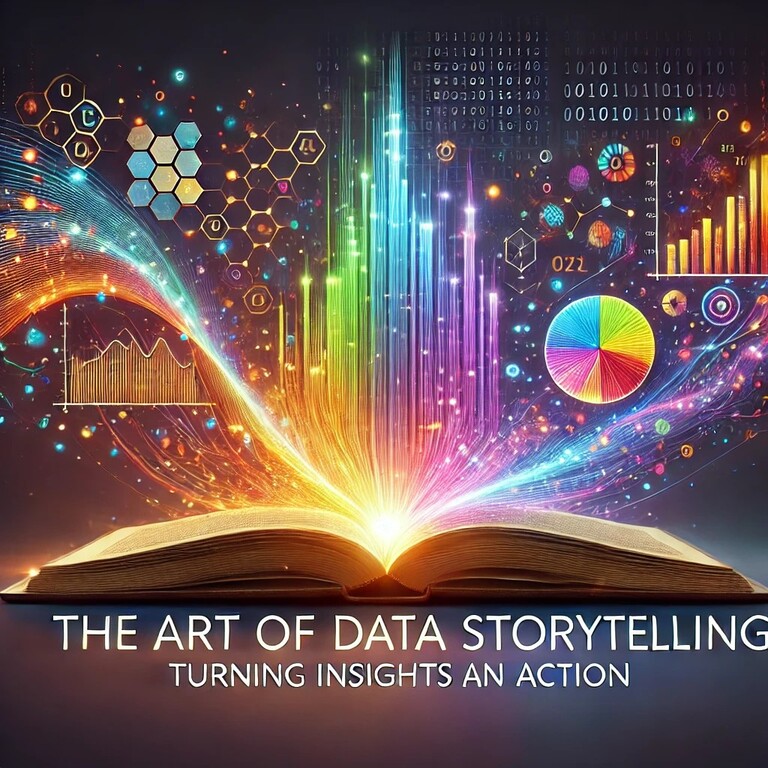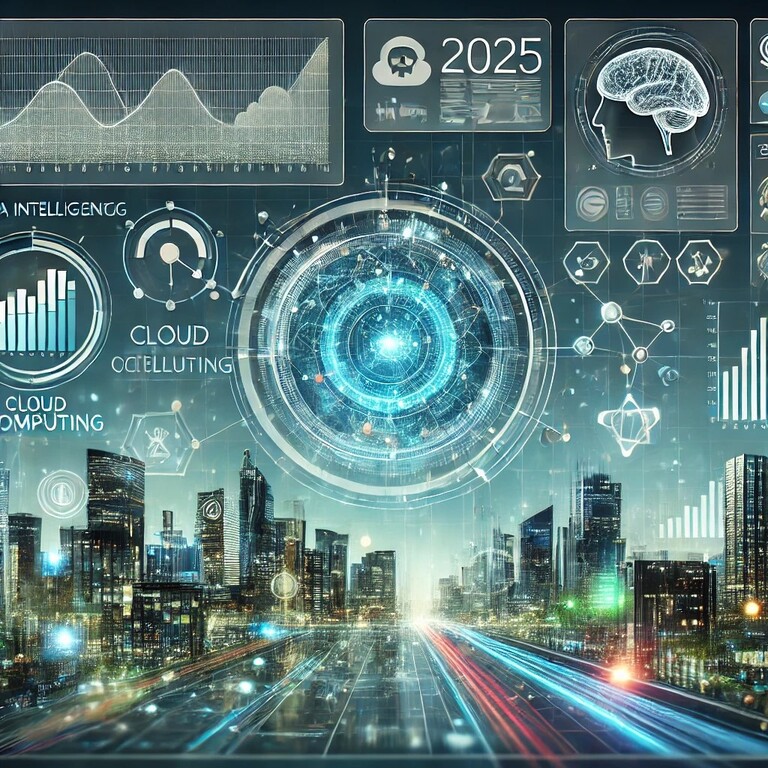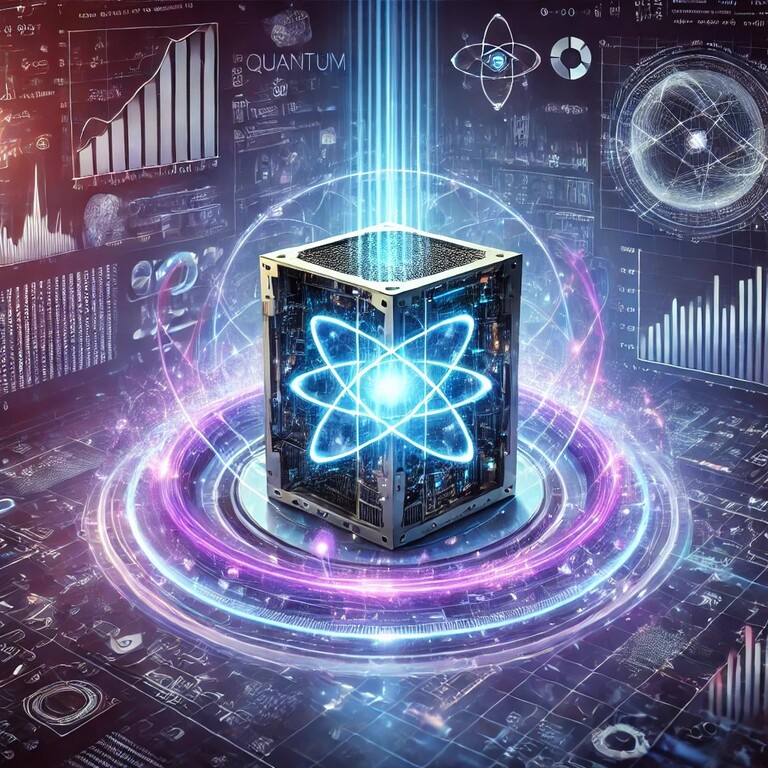Demystifying Machine Learning: A Beginner’s Guide
Machine learning (ML) is a subset of artificial intelligence that enables computers to learn from data and make decisions without being explicitly programmed. From personalising recommendations on platforms like Netflix to detecting fraud in banking, ML is transforming industries worldwide. This beginner’s guide breaks down the key concepts of ML, including types like supervised, unsupervised, and reinforcement learning, and explores how ML works through data collection, model training, and real-world applications. With its growing impact, understanding ML is becoming increasingly essential for the future of technology and innovation.

